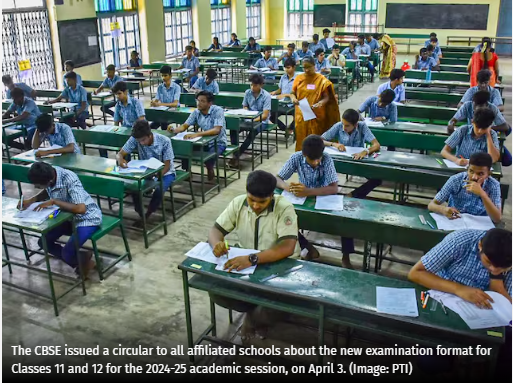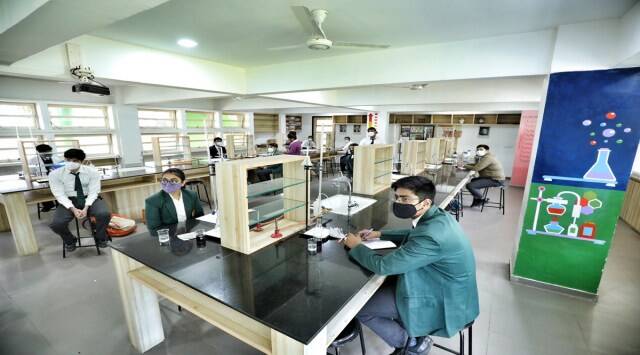
Apr 07, 2023
Option to exit after Class 10 for vocational training, semesters in Class 11-12: NCF suggests sweeping reforms
Draft National Curriculum Framework released Thursday also eliminates concept of streams such as science, commerce & arts.
New Delhi: The National Curriculum Framework (NCF) draft released Thursday suggests that students should have the option to quit school after Grade 10 and pursue vocational education in Grades 11 and 12 if they wish to.
The NCF — intended to be a blueprint for school syllabi across the country when finalised — also proposes to introduce a semester system in Grades 11 and 12, and has done away with the previous concept of streams such as science, commerce and arts. The secondary stage of school education would be four years from Grade 9 to 12, and would include multidisciplinary studies.
“In particular, students would continue to have the option of exiting after Grade 10 and re-entering in the next phase to pursue vocational or any other courses available in Grades 11-12, including at a more specialised school if so desired,” the policy document says.
Grades 9 and 10 will still follow an annual structure. Over the two years, students will have to do two essential courses from each of the eight curricular areas available — a total of 16. These areas are: humanities (including languages), mathematics and computing, vocational education, physical education, arts, social science, science, and inter-disciplinary areas.
Students must clear eight board examinations at the end of Grade 10 — one for each of the curricular areas studied over the two years.
For Grades 11 and 12, the same set of eight curricular areas will continue to be on offer, but choice-based courses will be designed based on the disciplines within the curricular areas to ensure deeper and more rigorous engagement, the document says.
This phase of the secondary stage would be divided into semesters, and each choice-based course would be for a semester. Students must complete 16 choice-based courses to complete Grade 12. To ensure that the students have adequate breadth, they will have to choose disciplines from at least three curricular areas. To ensure depth, when they choose a discipline, they have to complete four choice-based courses in that discipline.
In the case of academic disciplines, these four courses ought to give a good introduction to the discipline. By gaining knowledge of the key conceptual structures and theories, and developing capacities of inquiry, students can make informed decisions about the pursuit of the discipline in higher education, the document says.
In the case of vocational areas, these four courses should equip that student to enter the world of work in that particular vocation.
Recent News

NTA COMPILATION JUNE 2024
Posted 9 months ago

CBSE Changes Year-end Exam Format for Classes 11, 12; Weight...
Posted 11 months ago

Faculty of Law, Delhi University introduces five-year integr...
Posted 1 year ago

NCERT drops periodic table chapter from Class 10 science tex...
Posted 1 year ago

Now, humanities students can pursue BTech in CSE
Posted 1 year ago
